Redefining Neurodiversity
Ksenia Golubeva
CBDO and co-founder of AutiHD, advancing AI-powered neurodiversity support.
Some founders just talk the talk. Ksenia Golubeva lives and breathes her vision for an inclusive world—one where neurodivergent adults are valued for their true potential, not just forced to ‘fit in.’ After years in the trenches of corporate innovation and startups, Ksenia co-founded AutiHD with a mission that’s miles deeper than most. We were drawn to her fearless honesty about what most solutions get wrong and how personal stories fuel real change. In this interview, you'll see how her early encounters with autistic creativity and her partnership with co-founder Joël flipped the script on what support means. If you care about building impact that lasts, her insights on listening—really listening—to the people you serve will stick with you for days. As Ksenia reminds us, "Inclusion isn’t just opening the door. It’s making sure there’s space to grow."
You’ve had an extraordinary journey driving startup innovation across Eastern Europe. What moments convinced you to move from advising hundreds of startups to launching AutiHD—what pulled you into building for neurodiversity personally?
AutiHD wasn’t born from a pitch deck or a brainstorm session. It came out of actually listening to people—hearing directly about their frustrations, their daily battles, the ways society kept misunderstanding or underserving them. My co-founder Joël and I kept talking to autistic and ADHD adults, and with each story, I realized there was a massive gap between existing solutions and what’s actually needed. That depth of need and the chance to create more inclusive possibilities—those moments drew me in, and honestly, they’ve never let me go. Even now, I keep those voices at the center of every decision we make.
Your commitment to neurodiversity began long before AutiHD. Can you share how your early experiences, like your journalism project, shaped your conviction to champion neurodivergent adults?
Many years later, I moved to Luxembourg and met Joël. He flipped my preconceptions about autism on their head—he’s witty, driven, and just doesn't fit any of those movie stereotypes. His experiences showed me how, even across time and borders, the challenges don’t change much. Adults still get boxed by ideas that never really fit them. So for me, this journey is about pushing not just for awareness, but for truly seeing neurodivergent people as they are—and building things that work with their strengths, not against them.

You’ve seen thousands of startups and launched dozens of pilots. How did all those experiences distill into the way you approach building AutiHD?
Those years in corporate innovation taught me that no matter how good your tech, if it doesn’t solve a real, everyday challenge, it won’t matter. At AutiHD, everything starts with conversations. We don’t just run user interviews—we keep our development loop open to daily feedback. What’s powerful is seeing how this approach naturally keeps us grounded and adaptive. Real life is messy, and staying connected with our users lets us stay relevant and honest about what works and what doesn’t.

What’s one myth or misconception about neurodivergent adults that still shocks you?

Mindory stands out for its transparency around AI and user control. How do you ensure that neurodivergent users feel safe and empowered with your technology?
We see explainable AI as the only way forward for neurodivergence support. Transparency allows users to actually understand, and adjust, the way the app responds to them. It’s a relationship, not just another black box.
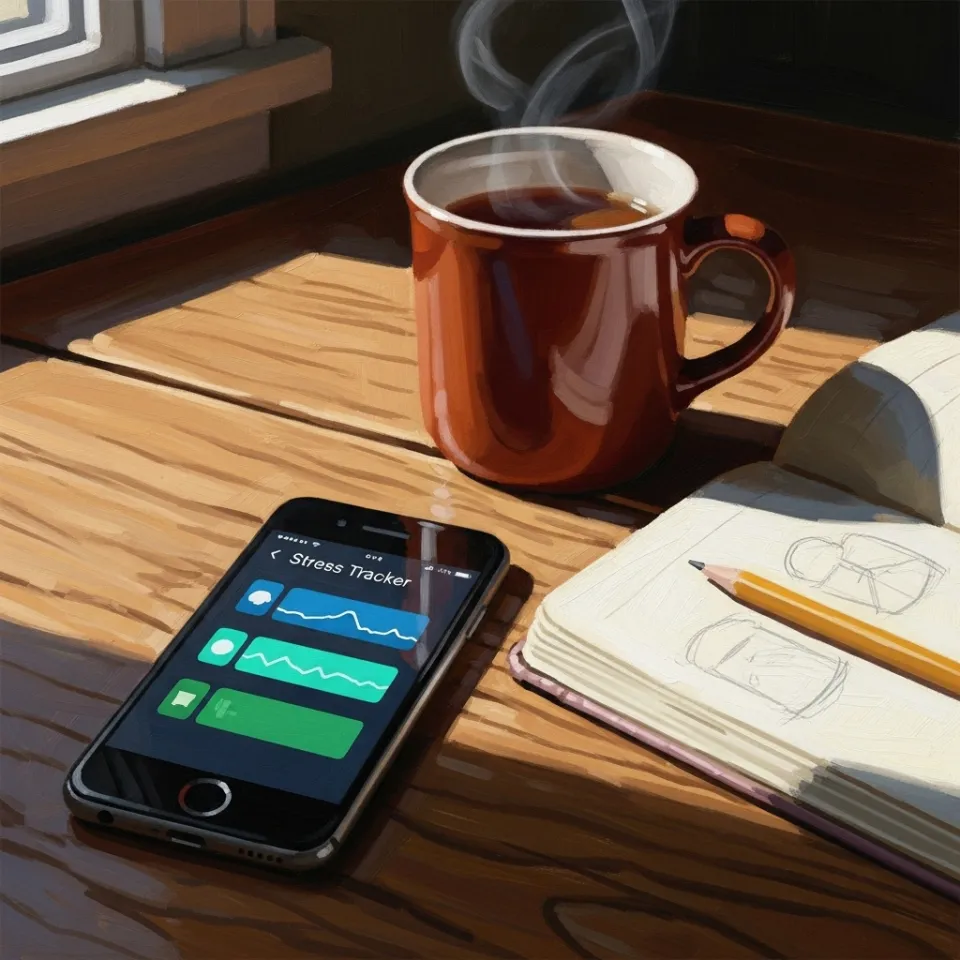
What signals from your earliest users have shaped Mindory’s most significant product decisions so far?
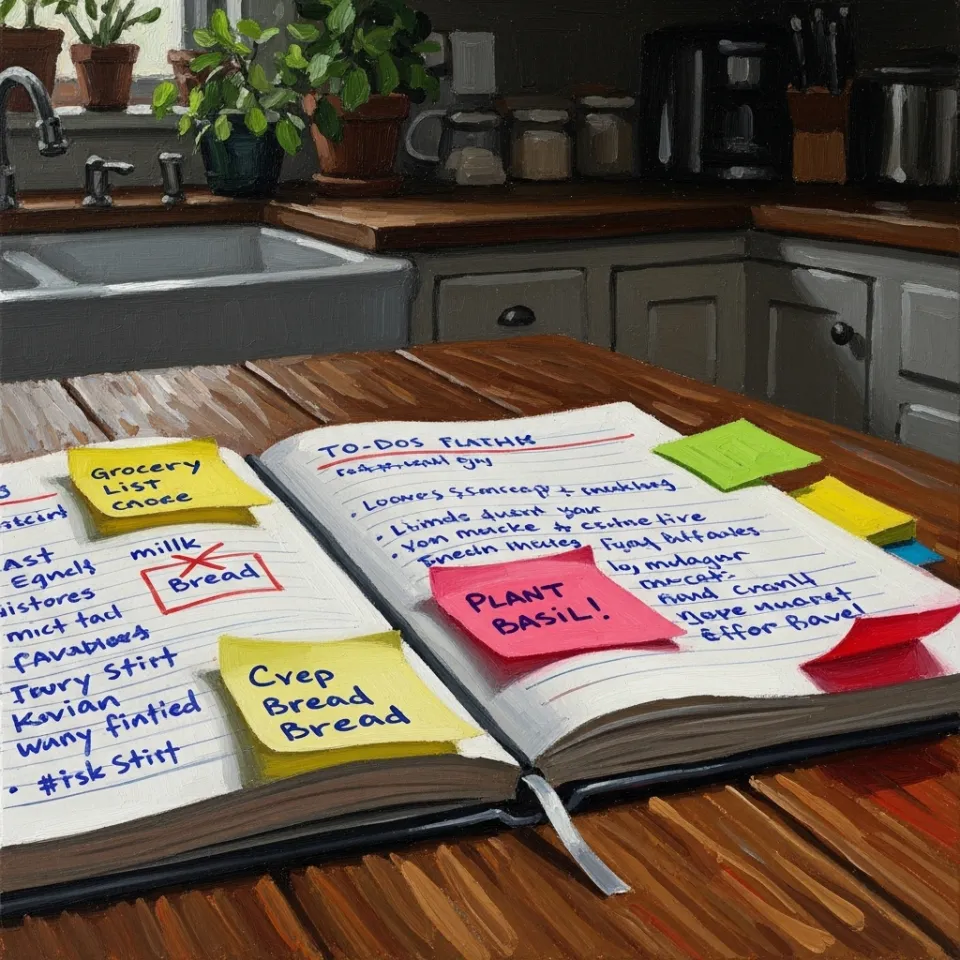
How exactly does AI power Mindory today, and what’s your approach to privacy for users who may be wary of digital health tools?
Privacy is fundamental. Everything is opt-in. Our users see what data is collected and why, with the ability to turn anything off. We don’t bury this in settings; it’s right up front. And we store everything in line with the toughest standards—your data stays in Europe, encrypted, with no surprises.
Looking ahead, what's next on the Mindory roadmap—especially beyond the iOS app?
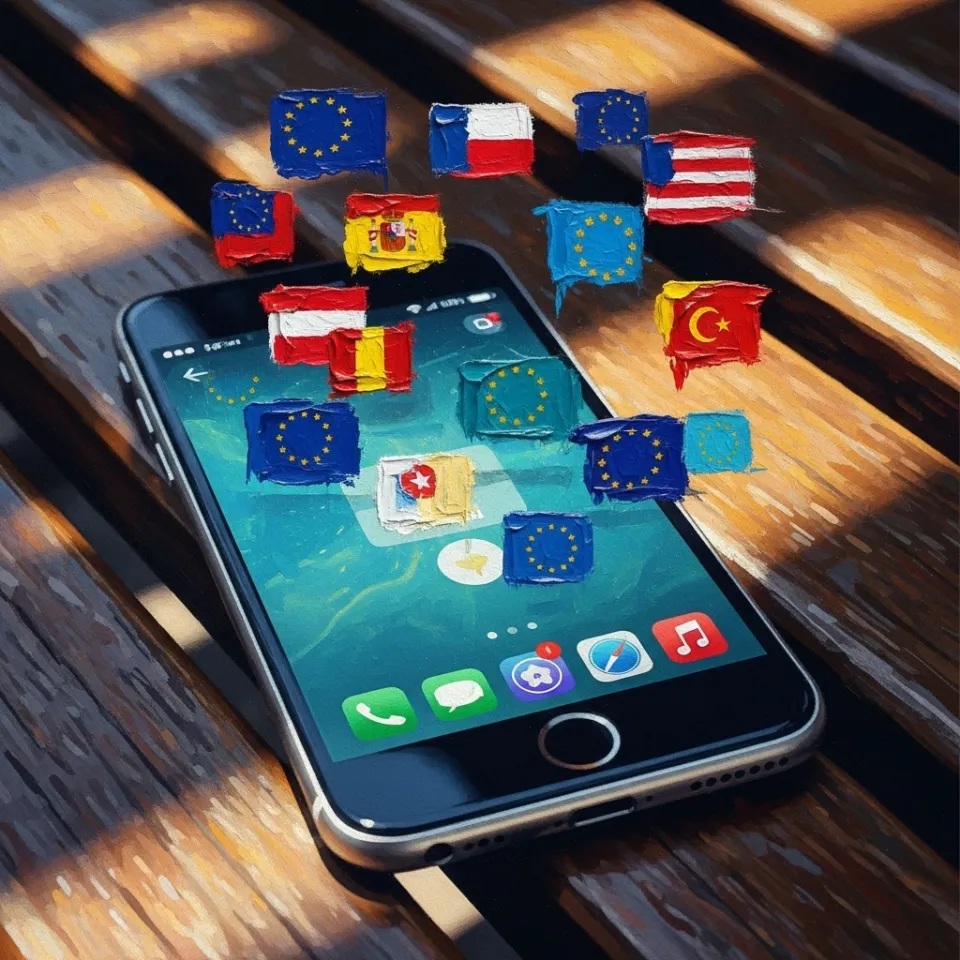
How do you approach working with employers and institutions seeking to make workplaces genuinely neurodiversity-friendly?
You’re expanding in Europe from a base in Luxembourg—a small but connected hub. What strategies are you using to scale both with healthcare systems and the workplace?
Our long-term scaling strategy is to win reimbursement—so Mindory can be covered by insurance, not just self-pay. That’s realistic now, because more EU countries are opening up to reimbursing digital health tools, especially those proven to reduce workplace stress or boost wellbeing. We’re documenting evidence—data on stress levels, productivity, and satisfaction—to prove our case, both to insurers and to partners.
We also seek out companies who really value inclusion, showing them how our approach pays off socially and for the bottom line. It’s a dual model: health and workplace, together, not in competition.
Reflecting on your mission, what’s the most powerful learning you’d share with founders trying to balance startup speed and the realities of neurodiversity support?
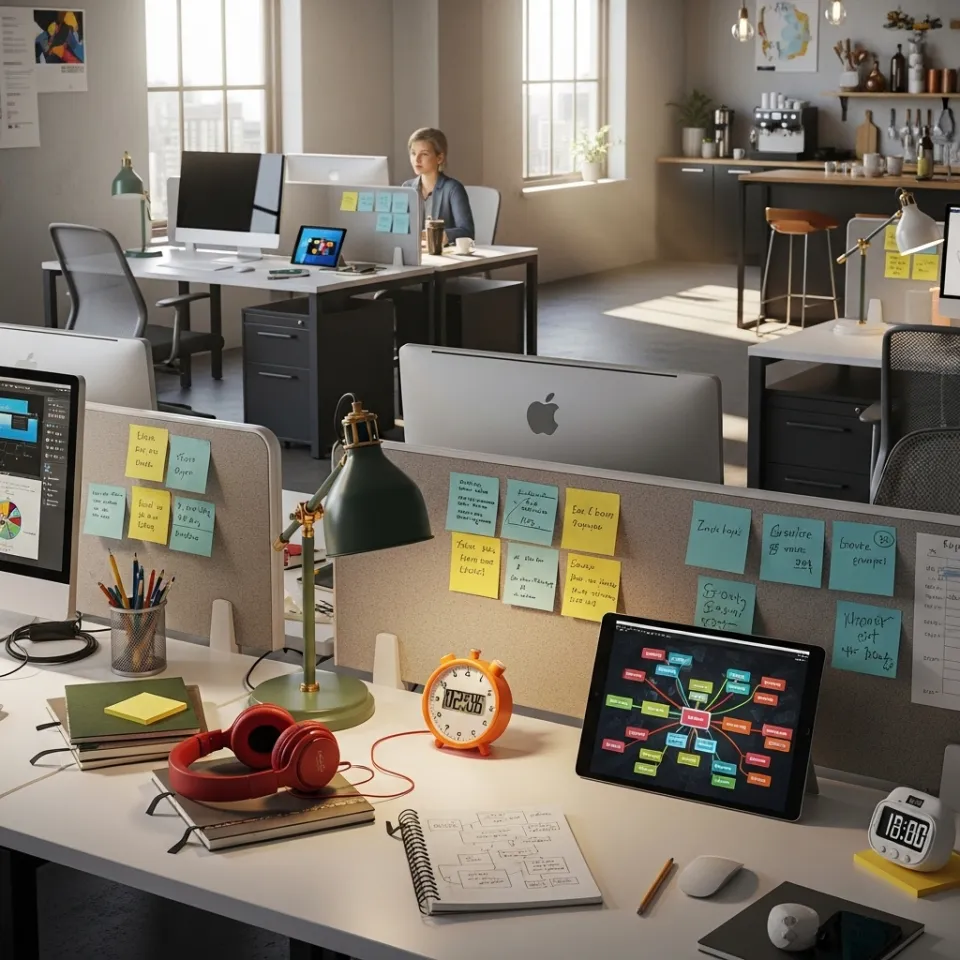
How do you foresee the future of workplace inclusion, and what role could platforms like AutiHD play in bringing this future closer?
That’s why AI-powered platforms like Mindory don’t stop at the office door. They help neurodivergent adults find balance in everyday life, so they can actually bring their best selves to work. I see our platform as a bridge—a daily companion that enables deeper inclusion, not by enforcing sameness, but by unlocking the potential of differences for teams and society.
From your years catalyzing innovation, what would you prioritize for policymakers and society to do right now for neurodivergent adults?
Access comes close behind: Adults need real, affordable tools, workplace adaptations, and coaching—without fighting red tape or financial hurdles. Digital solutions like Mindory must be reimbursed by insurance if we want impact to scale.
Finally, the workplace itself needs flexibility built in from the start. Options like flexible hours, remote work, and tailored roles should be the norm, not a ‘favor.’ When structural change happens, we all benefit.

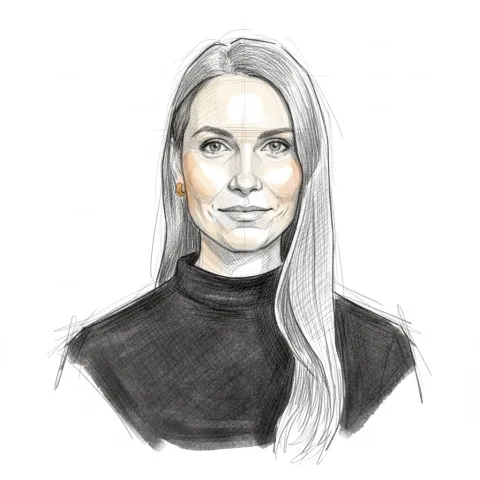
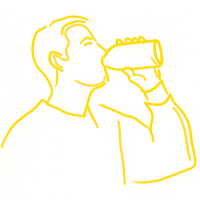
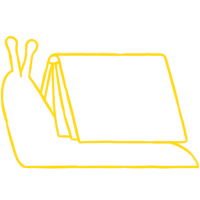
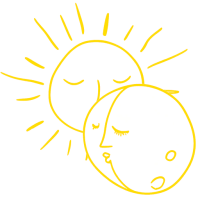

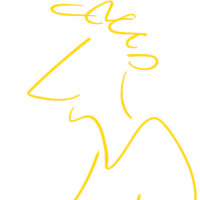
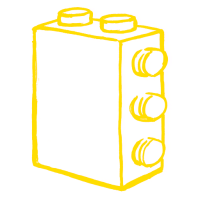
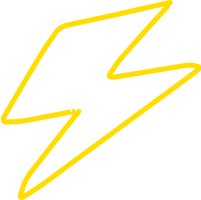

Share moment
Choose where you'd like to share this interview moment: